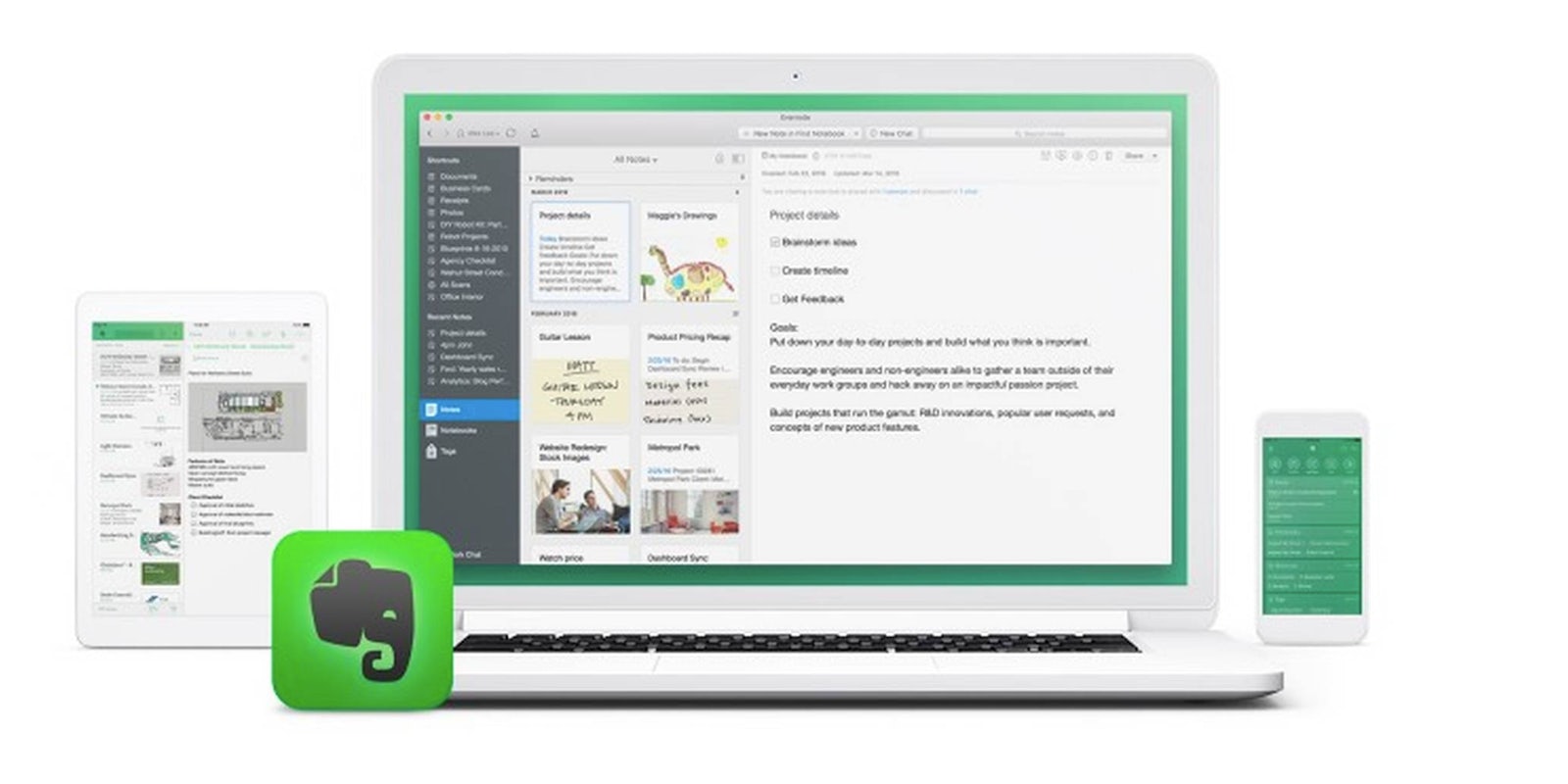Evernote has introduced machine-learning technology that will improve how you search for your content on the service—but it comes with a potentially troubling addition to the company’s privacy policy.
The privacy policy update, which goes into effect on Jan. 23 on the archiving app, gives certain Evernote employees permission to review all of your notes. Every photo, recipe, love letter, or poem—everything you’ve ever posted on Evernote—will be available for review.
Evernote is selling the change as a way to exercise oversight over the new machine-learning technologies it’s launching. After all, new technologies require human supervision.
However, as pointed out by NerdForALiving podcaster Adron Buske, even if you choose to opt out of machine learning you can’t opt out of employees looking at your content for other reasons stated in the privacy policy.
Those reasons include possibly violating terms of service; troubleshooting to “maintain or improve the service”; if they think you’re a threat to the safety, rights, property, or safety of Evernote; and to comply with legal obligations like court orders or subpoenas.
Will the promise of improved search via machine learning be enough to make users overlook this drastic change in the company’s privacy policy? At least one famous user, author Joe Hill, is saying goodbye.
Loved using @evernote, sorry their new privacy policy mean I’ll be moving my notes somewhere else. They ain’t for engineers to pick thru.
— Joe Hill (@joe_hill) December 13, 2016
Update Dec. 15, 12:33pm: Evernote CEO Chris O’Neill released a statement saying the original update to the privacy policy was “communicated poorly.”
Privacy has always been at the heart of Evernote, and we’re as committed as ever to upholding our Three Laws of Data Protection. These laws guide everything we do, and, I believe, represent industry-leading standards for privacy.
In enforcing these laws, Evernote employees do not view the content of user notes except in very limited cases. Like other internet companies, we must comply with legal requirements such as responding to a warrant, investigating violations of our Terms of Service such as reports of harmful or illegal content, and troubleshooting at the request of users. The number of employees who are authorized to view this content is extremely limited by our existing policies, and I am personally involved in defining them.
H/T Lifehacker


